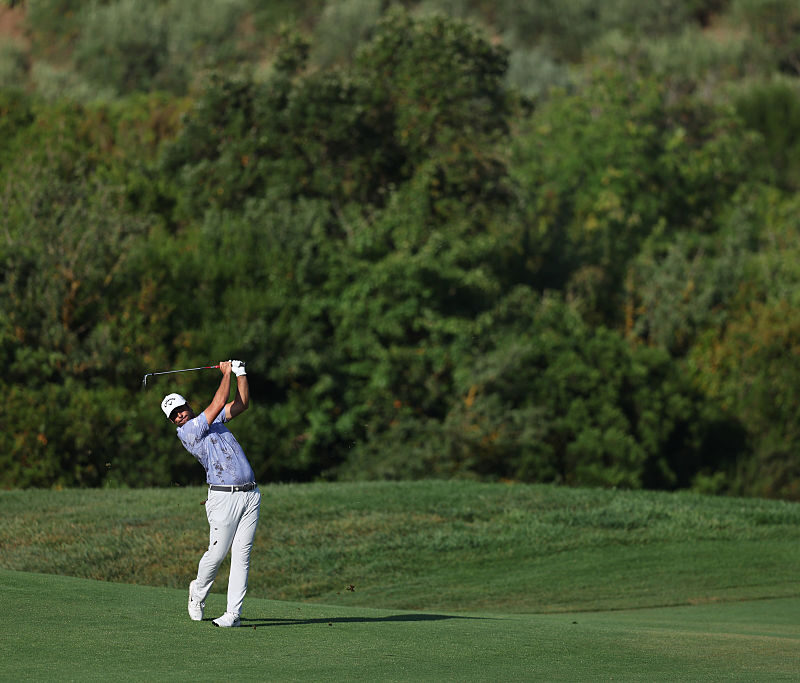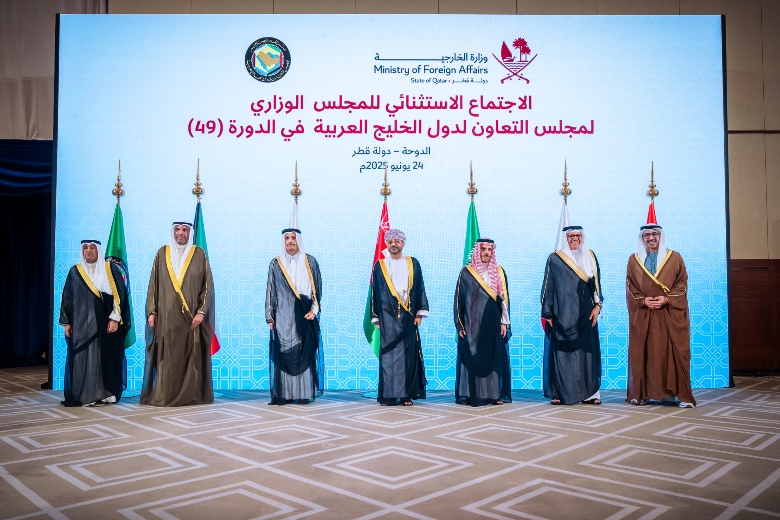Recent Issues
The Weekly Circuit
January 16, 2023
👋 Good Monday morning in the Middle East!World attention focuses on Davos this week for the annual conference in the Swiss Alps that draws top political and business leaders from around the globe. Amid debates at the five-day World...








